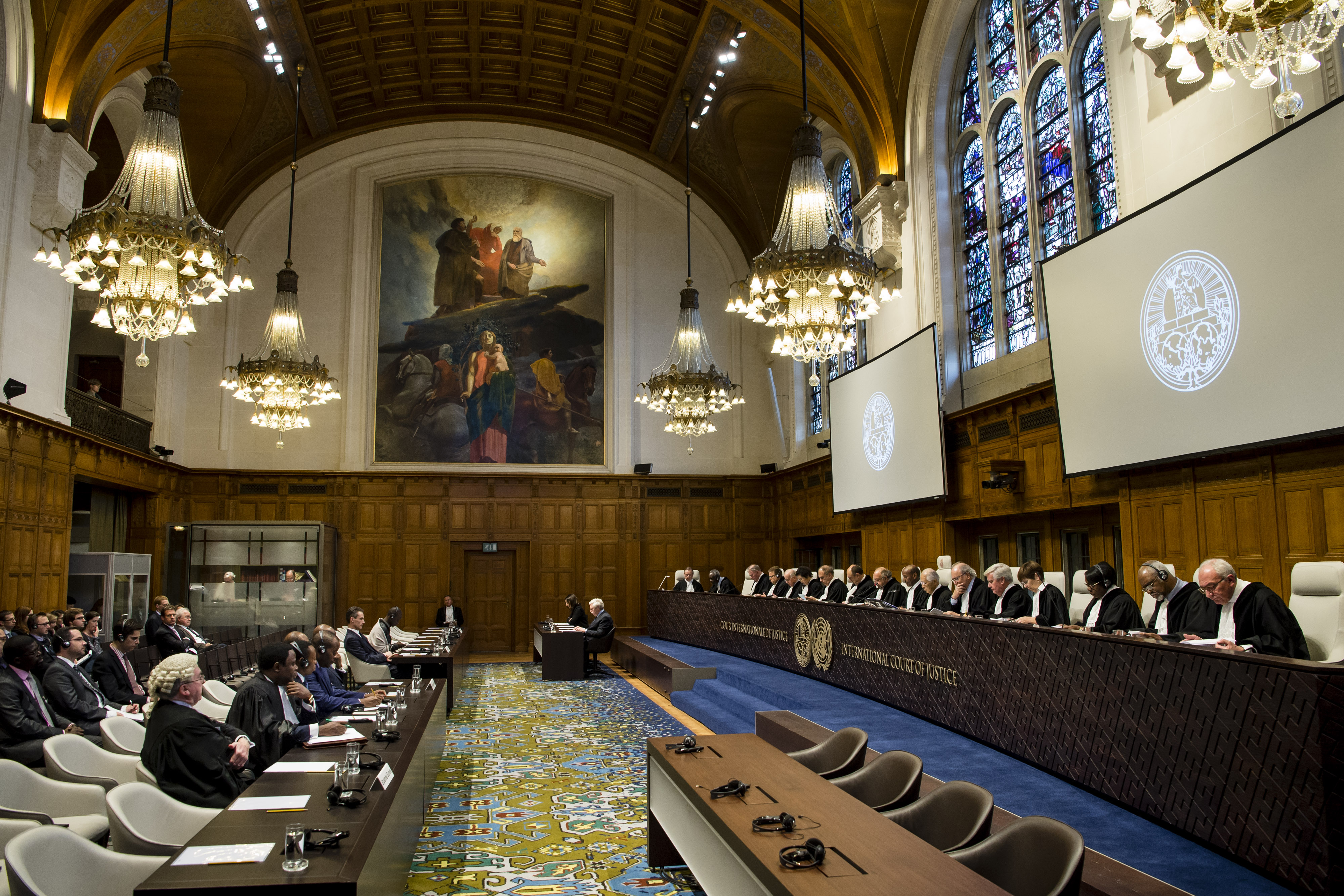Geoffrey Corn on Martial Arts and LOAC
This weekend, I both posted an excellent guest post from Geoffrey Corn on civilian harm mitigation and wrote a musing post myself about martial arts and LOAC---which offered an excellent excuse to publish my badass taekwondo sparring video. While I was emailing to Corn anyway, I asked him about whether there was any literature on the subject of rules in combat arts and their relationship to LOAC.
Published by The Lawfare Institute
in Cooperation With

This weekend, I both posted an excellent guest post from Geoffrey Corn on civilian harm mitigation and wrote a musing post myself about martial arts and LOAC---which offered an excellent excuse to publish my badass taekwondo sparring video. While I was emailing to Corn anyway, I asked him about whether there was any literature on the subject of rules in combat arts and their relationship to LOAC. I found his answer very interesting and post it with his permissions:
I am not aware of any writing on this subject, although I do think you raise some interesting points. I wonder if the rules that have always been central to martial arts are actually a reflection of the relationship between training in those skills and potential military use of the martial artist? In other words, was it a way to reinforce the reality that when engaged in organized combat, rules would be part of the process? Considering the origins of martial arts, I speculate the answer is probably yes. I also think there is some risk in the analogy. Rules of warfare have, in my opinion, always been linked to the leaders' interest in preserving discipline and vanquishing a foe for the long run. Restraint and limits on violence always served those collective interests, often at the expense of those required to comply with the rules. And most of these rules began as unilateral obligations, not based on pure reciprocity. In the martial arts competition context, reciprocity is not only inherent, it is enforced. And the goal is, I think, much more individual in nature. But on the underlying question of whether man always seeks to impose rules on competitions---even mortal competitions---I think the answer must be yes, as it is a reflection of our "civilized" nature, even when bashing each other!
Benjamin Wittes is editor in chief of Lawfare and a Senior Fellow in Governance Studies at the Brookings Institution. He is the author of several books.





